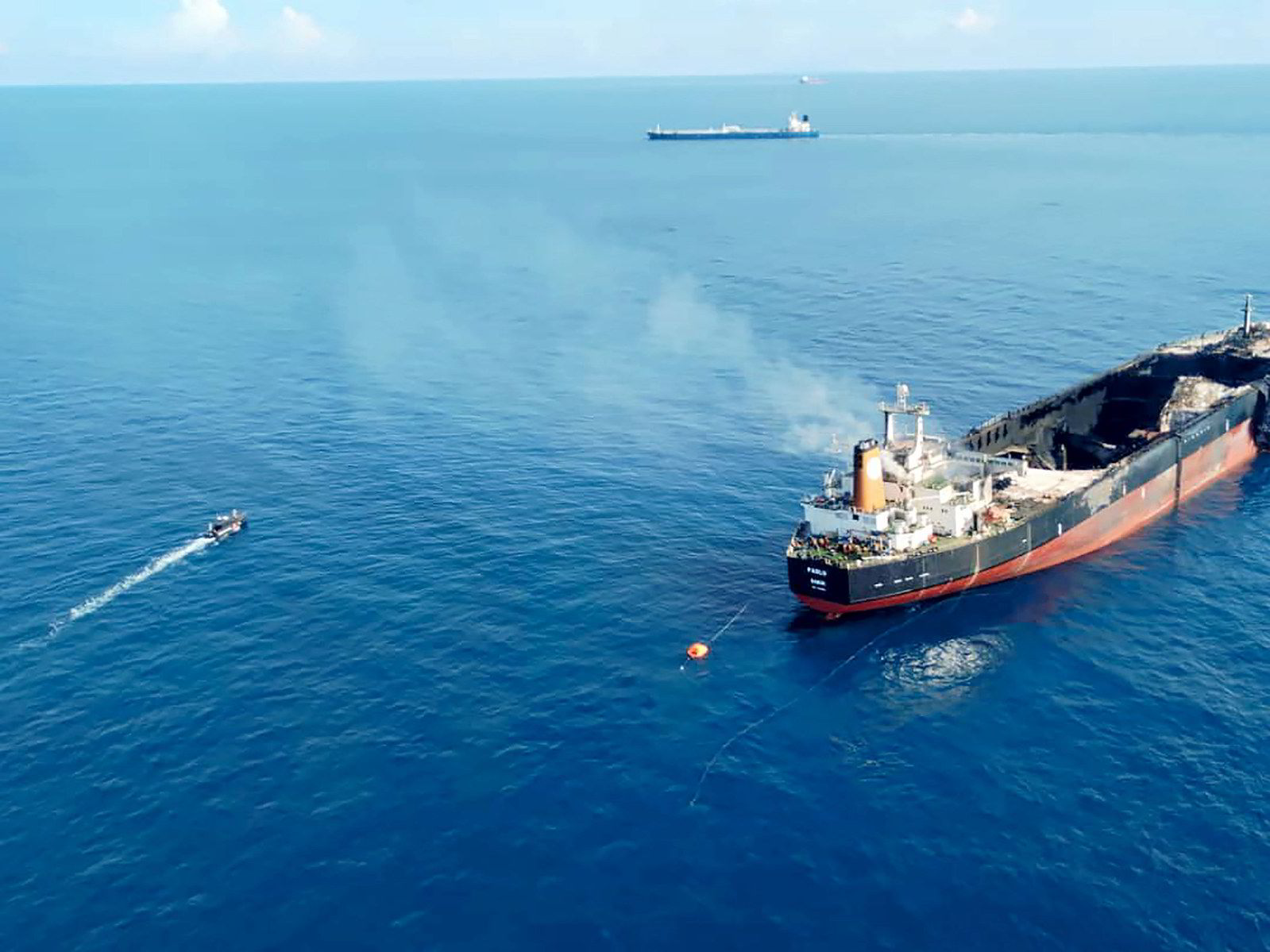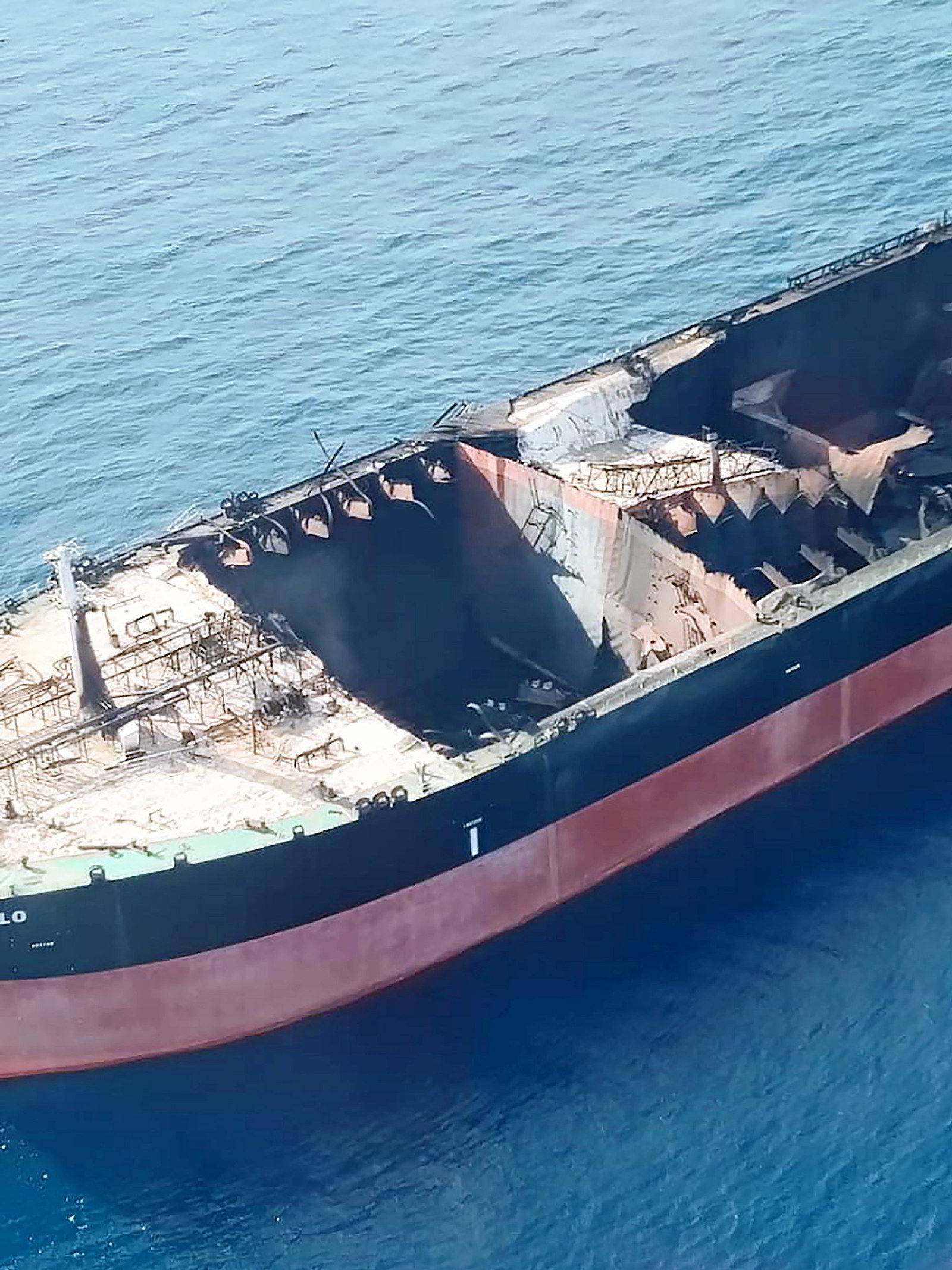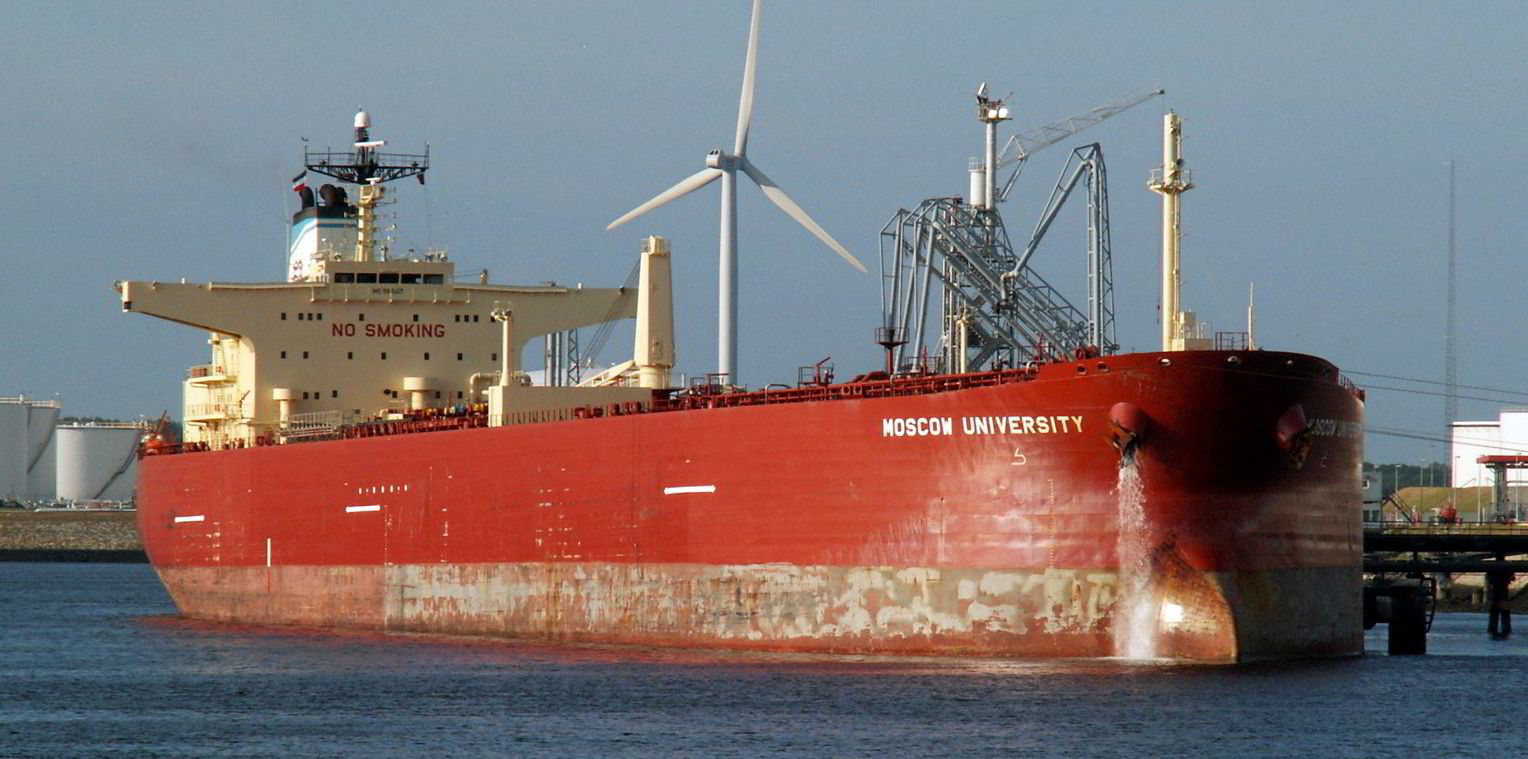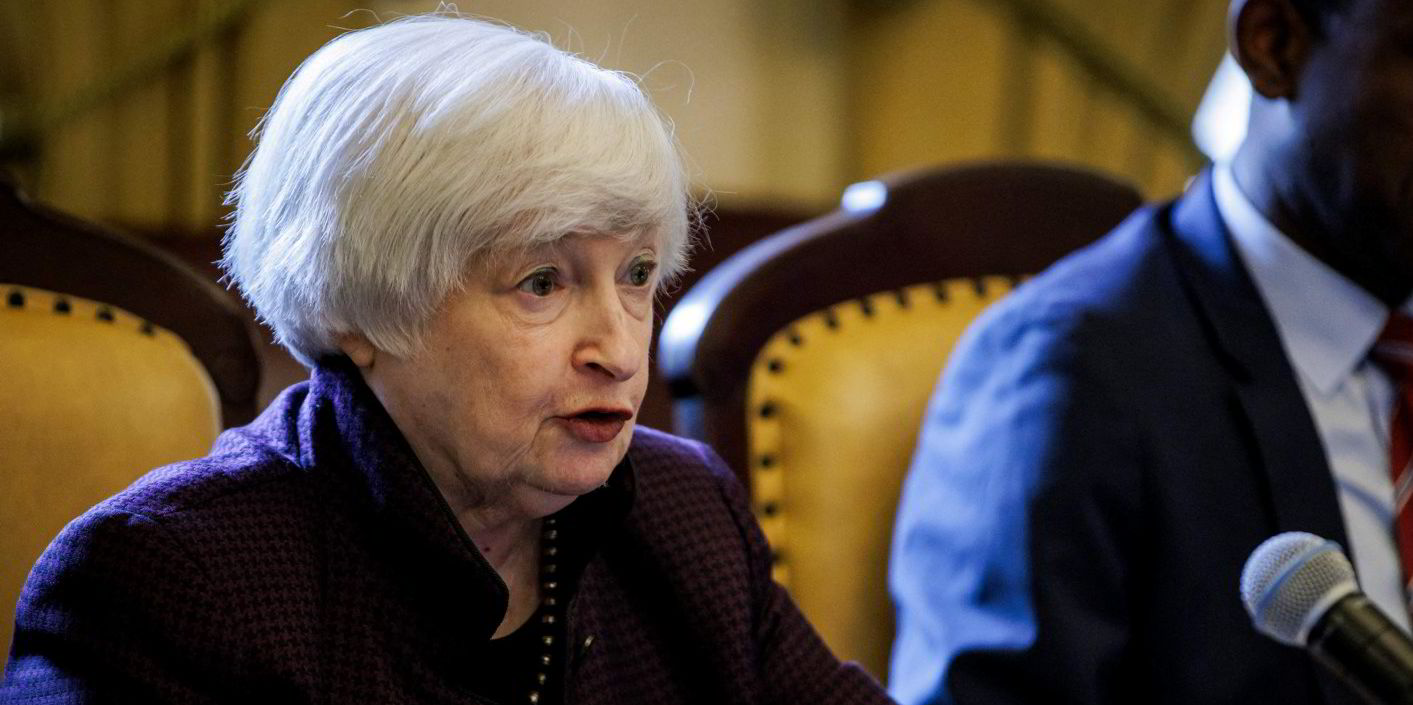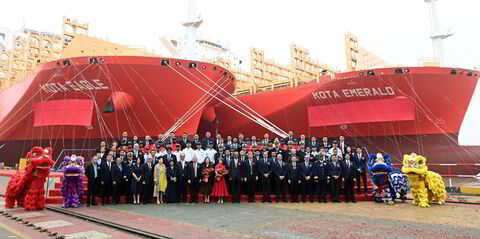Protection and indemnity clubs’ insistence on sticking strictly to a policy of not explaining whether a shadow fleet ship has had insurance cover removed over a breach of sanctions is causing some irritation in the industry.
All the members of the International Group of P&I Clubs have kicked ships out for suspicious activity and sanctions breaches but have generally adopted the policy of the British Royal Family: “Never complain and never explain.”
But, surely it would be helpful to be more transparent on the topic, it was suggested at the recent International P&I Conference in Piraeus.
As things stand, P&I clubs will not even give an “off the record” comment when approached, or offer any indication to other members of the International Group.
Providing a clearer explanation for the removal of cover could serve to safeguard other insurance service providers from becoming entangled with the same vessel, thereby shielding them from potential penalties for violating sanctions.
It would also shield other clubs from potentially insuring the same ship if it resurfaces under a different name, flag and manager while seeking cover under the International Group.
It could also be argued that there is a duty of care among the group’s members to protect each other’s backs.
After all, they all share claims over $10m in the group’s claims pool and incidents such as the 96,800-dwt Pablo (built 1997) casualty off Malaysia demonstrate the high risks involved with the dark fleet.
So just why are the P&I clubs being so secretive?
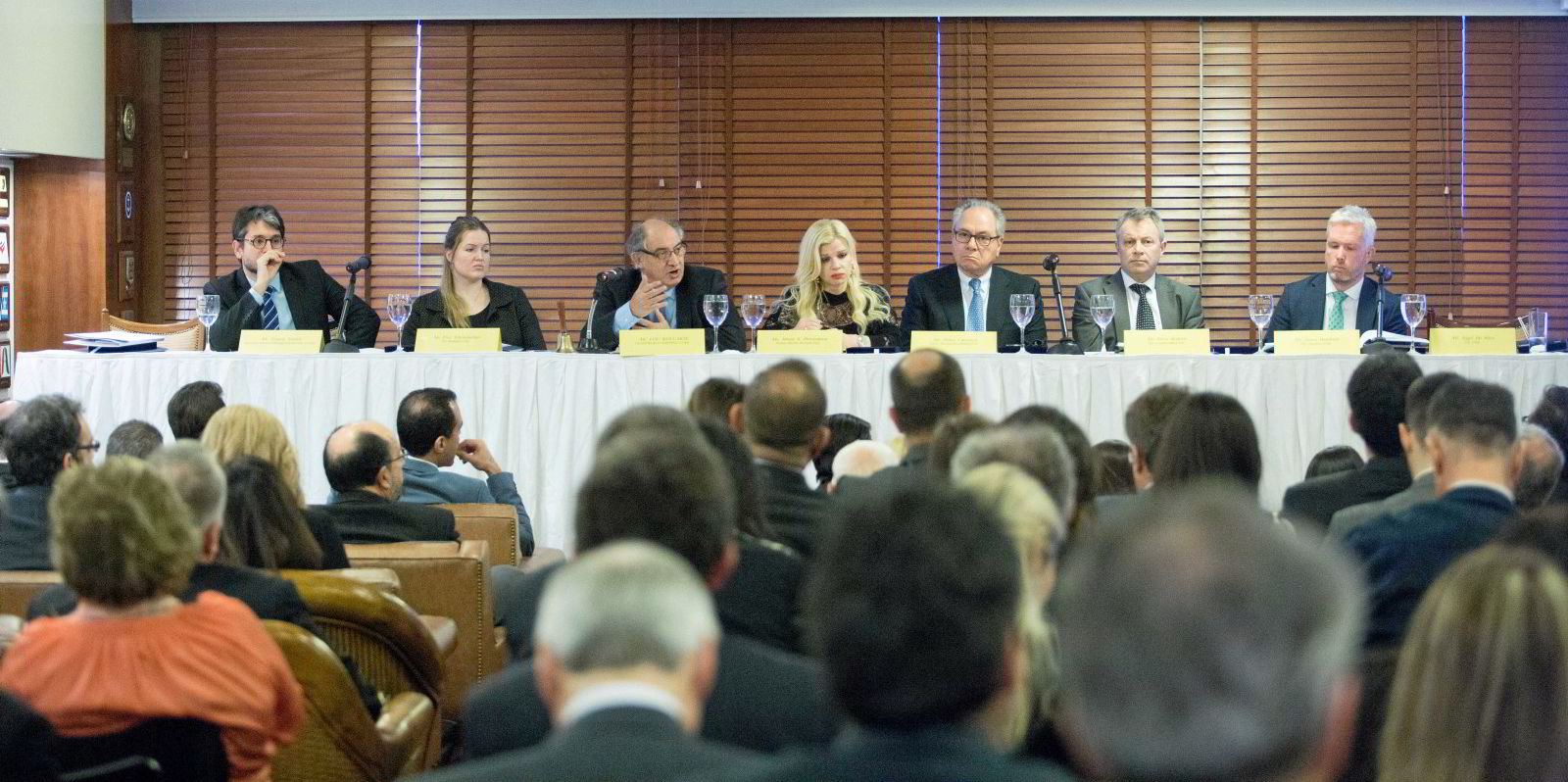
Firstly, because of the collective approach of the International Group members on claims — and their strict agreement on competition between members — it is often accused of acting like a cartel.
Its member clubs are wary of the watchful eye of competition authorities and are hypersensitive to any action that might be regarded as anti-competitive.
Naming and shaming
Sharing the intelligence results of individual International Group members among all the clubs could effectively lead to commercial blacklisting
Members would prefer to leave that to the authorities such as the Office of Foreign Assets Control known as Ofac, which has recently started naming and shaming shipowners it believes are in breach of sanctions.
Also, what if the intelligence of an individual club on a shipowner member’s operational activity turned out to be wrong?
It would be erroneously denying an innocent shipowner the chance of sourcing alternative cover within the group.
And why should International Group members have to take on the role of compliance monitoring and policeman on behalf of the insurance services chain?
Legally, the responsibility lies with each member of the International Group, as well as every associated insurance service provider, to conduct their own compliance and know-your-client measures.
Critical data
There is no way any of the P&I clubs would want to rely on a competitor for such critical data.
But, in most cases, when cover is pulled the reasons are usually pretty obvious without an individual club having to make a declaration.
Media coverage and the comprehensive range of data publicly available often provide clear insights.
So, while in theory, it might be helpful for clubs to be fully open about the reasons for pulling cover on shipowners, it’s improbable to materialise in practice.
